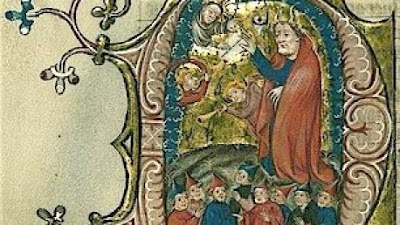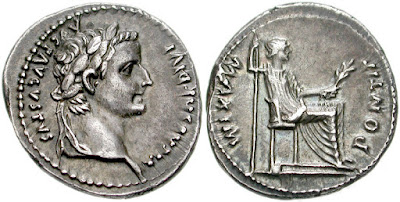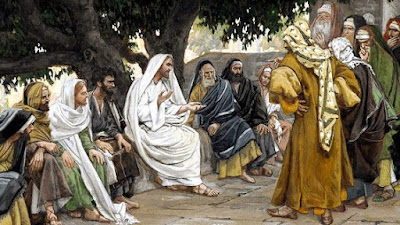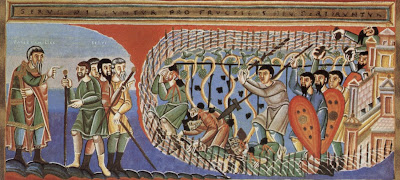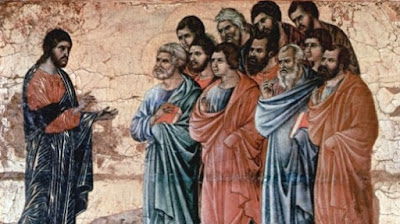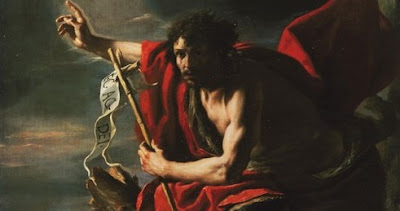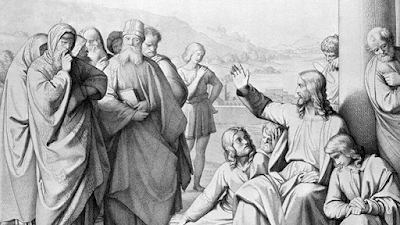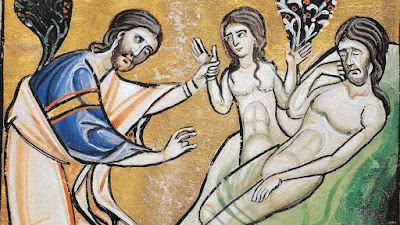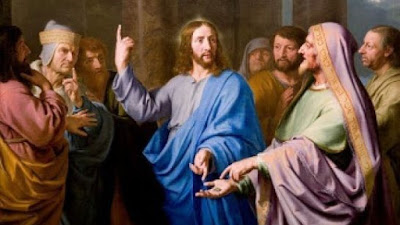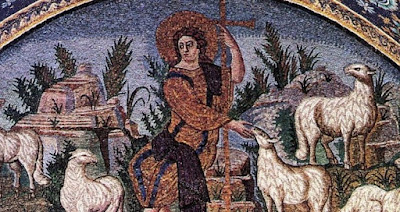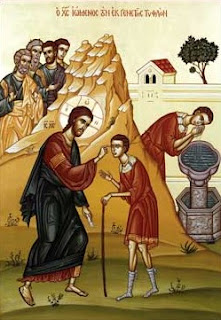Homily for the 27th Sunday in Ordinary Time, October 3, 2021, Year B

Fr. René J. Butler, M.S. La Salette Missionaries of North America Hartford, Connecticut ( Click here for Sunday’s readings ) In the story of creation we are told several times that “God saw that it was good.” There was only one exception: “It is not good for the man to be alone.” The first reading, from Chapter 2 of Genesis, spells out in greater detail what was stated in Chapter 1: “Male and female he created them.” God’s plan is to make a “suitable partner” for the man. This expression is the latest in a long list of possible translations: “Help meet, a helper comparable to him, a helper who is just right for him, a helper suitable for him, a helper fit for him, a helpmate—his like, a helper as his counterpart.” A commentator named Kaiser paraphrases the verse as follows: “I will make (the woman) a power (or strength) corresponding to the man.” He justifies this because the word translated as “help” or “partner” is used most often in the Bible in speaking of God. In Psalm 33

